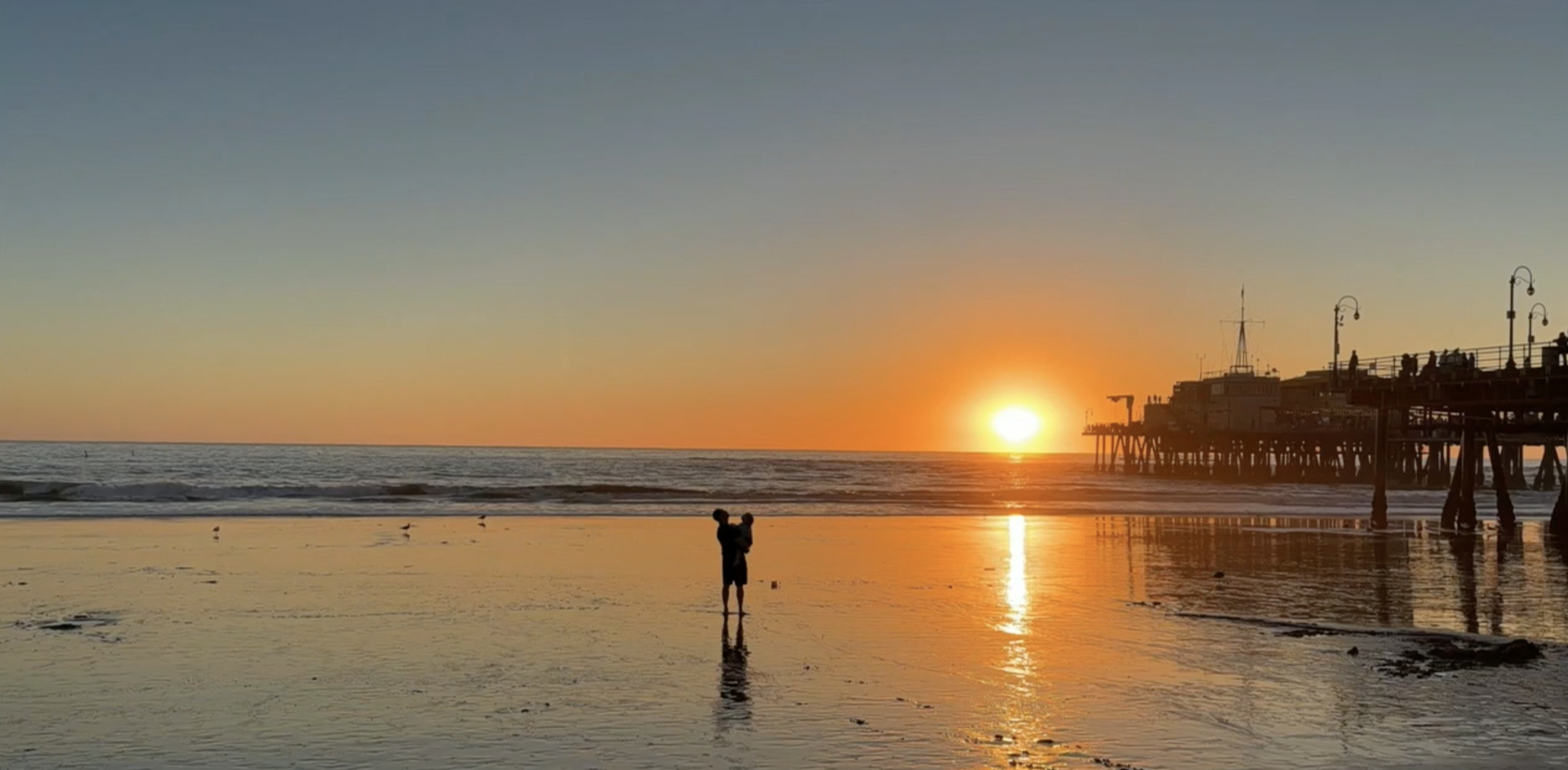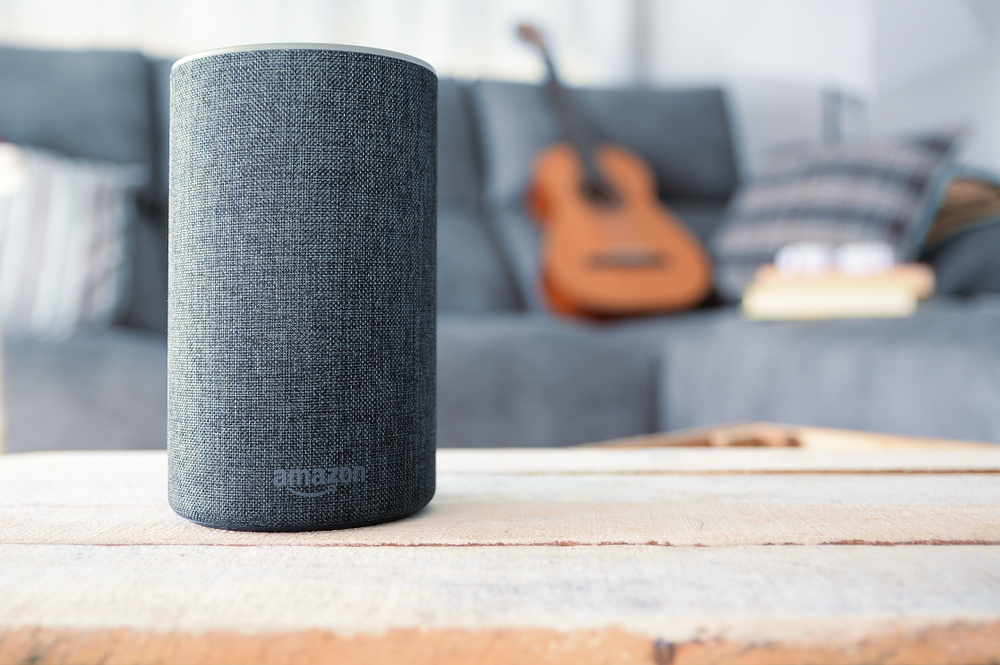Apple rolled out a brand-new way to shop their stores. And yes, as you might have guessed, there's an app for that.
"Using iBeacon, customers can get tailored messages through the aisles and sending them coupons. It's similar to a GPS. Users don't mind being tracked for a chance to get discounts." (Via WSVN)
Here's a screen shot of the new iBeacon feature, showing it can help guide almost every step of the in-store shopping experience. (Via Apple)
The technology was quietly introduced as part of the iOS 7 upgrade but wasn't first utilized until now. On Friday, Apple enabled more than 200 stores with iBeacon. The Verge has more on how it works.
iBeacons use low-power Bluetooth transmitters to provide the location services and enable "in-store mode" while shopping. Apple stores will use multiple transmitters to provide pinpoint indoor location accuracy in a way that regular GPS can't.
But where you are in the Apple store isn't the only information iBeacon uses while you're shopping. CNET reports the app can also detect things like nearby checkout clerks and upgrade eligibility.
"If you're walking past the iPhone display, for example, the iBeacon app may offer you an upgrade. It will also help you shop for accessories and even tell you when your order is ready." (Via News 12 New Jersey)
A writer for 9to5Mac is already speculating as to what this technology could be used for in the future.
For instance, iBeacon-enabled parking garages could lead users directly back to their cars, or retail stores could send valid coupons the moment you are near their store.
"Of course, it would be pretty annoying to get spammed by random offers as you're walking down the street. ... My best guess is that Apple will offer a Passbook-like app which you load up with cards for the companies you want to hear from."
In fact, according to ZDNet, the technology is already being tested at Major League Baseball stadiums as a way to send fans notifications about things like ticket availability, special offers and video snippets from the team.
Though the technology does have the ability to track devices within certain areas, users have to choose whether or not to allow that, giving them the option to refuse.










